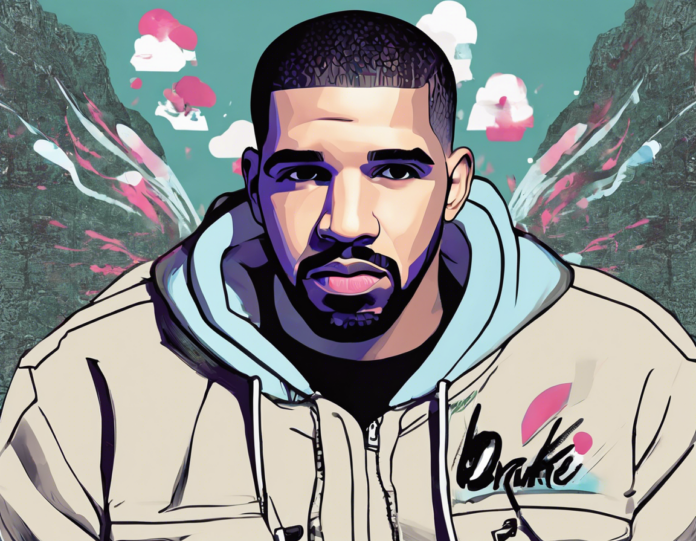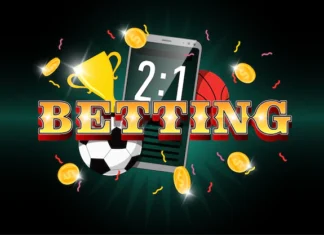The recent Drake leak has sent shockwaves through the internet, especially Twitter, where reactions are pouring in from fans and critics alike. The leak, consisting of unreleased tracks and personal information, has ignited a firestorm of speculation and debate. In this post, we will delve into the details of the Drake leak, explore the various reactions on Twitter, and analyze the implications of this high-profile event in the music industry.
Understanding the Drake Leak
The internet was abuzz when a leak containing a treasure trove of unreleased Drake tracks surfaced online. These tracks, which were never meant for public consumption, spread like wildfire across various social media platforms, prompting a flurry of activity from music enthusiasts and industry insiders.
The leak also included personal information about Drake, adding a layer of intrigue and controversy to the situation. As fans scrambled to listen to the unreleased music, critics raised concerns about the privacy and security implications of such a high-profile leak.
Twitter Reacts
Twitter, known for its vibrant and vocal community, was quick to react to the Drake leak. The platform became a battleground of opinions, with fans expressing excitement over the leaked tracks and others condemning the breach of Drake’s privacy.
Fans flooded Twitter with excitement and praise for the unreleased music, hailing Drake’s talent and artistry. Many expressed gratitude for the opportunity to listen to new material from their favorite artist, even if it was through unofficial channels.
On the other hand, critics voiced concerns about the ethical implications of consuming leaked music and sharing private information. Some argued that leaks undermine the hard work and creative process of artists, while others emphasized the need to respect an artist’s right to control their own output.
Implications for the Music Industry
The Drake leak has ignited a larger conversation about privacy, security, and intellectual property in the music industry. Artists and record labels are reeling from the unauthorized release of sensitive material, raising questions about the vulnerability of digital content in an age of widespread connectivity.
Moreover, the leak has reignited debates about fan culture and consumption patterns. While some argue that leaks fuel excitement and anticipation for new music, others worry about the impact on artists’ creative autonomy and commercial interests.
As the music industry grapples with the fallout from the Drake leak, stakeholders are forced to confront the complexities of digital distribution and content management in an increasingly interconnected world.
FAQs
What caused the Drake leak?
The exact cause of the Drake leak remains unknown, but it is believed to be the result of a security breach or hack. Unauthorized access to Drake’s personal files and music archives likely facilitated the dissemination of the leaked material.
Is listening to leaked music illegal?
Listening to leaked music is a gray area in terms of legality. While downloading or sharing copyrighted material without permission is technically illegal, enforcement can be challenging due to the anonymous nature of online activities.
How does a leak impact an artist’s career?
A leak can have both positive and negative effects on an artist’s career. While it may generate buzz and excitement among fans, it can also damage an artist’s reputation and commercial prospects. Controlling the narrative and timing of music releases is crucial in today’s competitive industry.
What can artists do to prevent leaks?
To prevent leaks, artists can enhance their cybersecurity measures, including secure file storage and encrypted communication channels. Working closely with trusted collaborators and industry partners can also help safeguard unreleased material.
How do leaks impact the music industry as a whole?
Leaks pose significant challenges to the music industry, affecting revenue streams, marketing strategies, and artist-fan relationships. Record labels and streaming platforms are forced to adapt to changing consumption patterns and security threats in order to protect their assets and interests.









